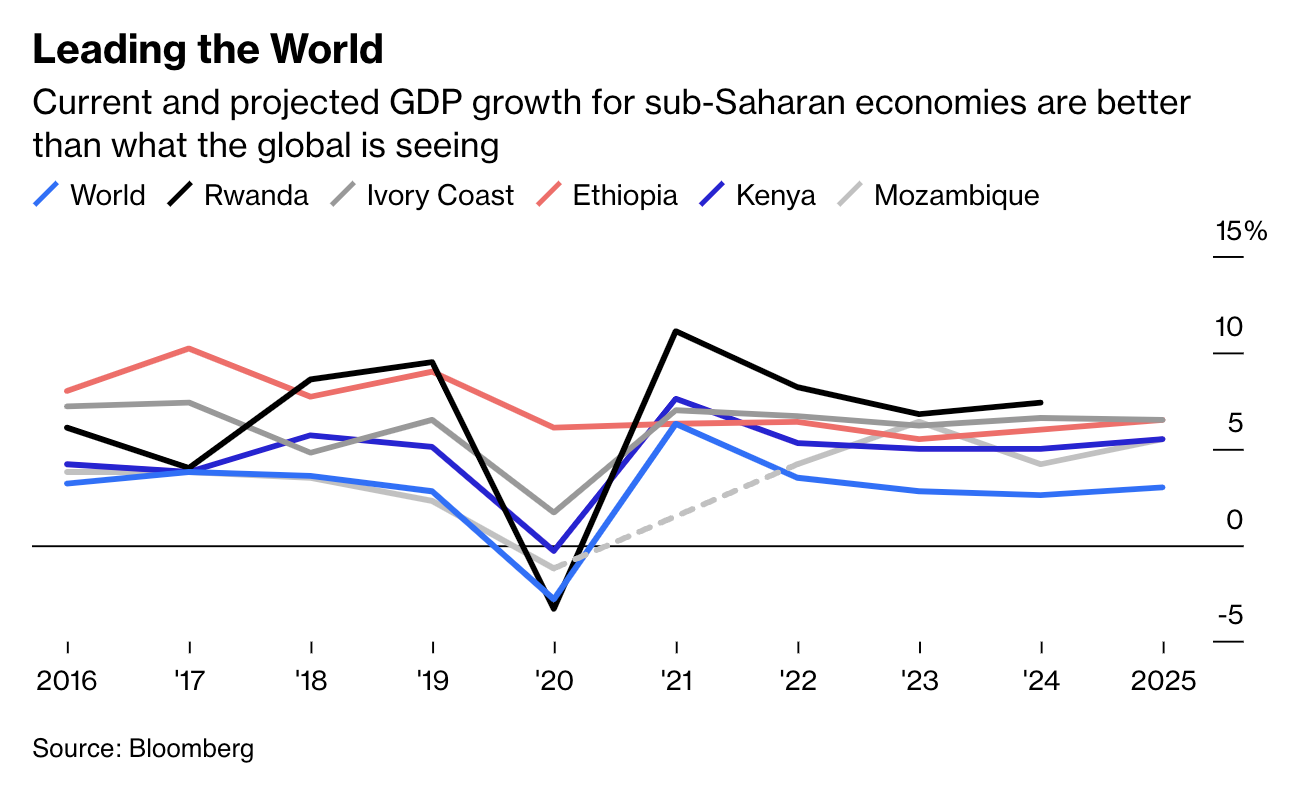Issue 158: Is Audio the Future of Digital Media?
Welcome to Backstory, a weekly newsletter turning global technology shifts into a three-minute read. This week, we’re thinking about audiobooks. – Mary Ames, Director of Strategy
THE BIG TAKE
Is Audio the Future of Digital Media?
Audiobooks might be one of the most overlooked and fascinating spaces in digital media. As a sign of its growing prowess, Spotify just launched a perk for US-based premium customers. These users now have 15 hours of free access to the company’s catalog of nearly 200,000 leading audiobook titles monthly. The company plans to roll this perk out internationally in the coming months. According to The Verge, a nationwide study by Spotify showed that Gen Z and millennials already represent a significant market for the company to capitalize on, with 72 percent of 18–34-year-olds claiming to listen to audiobooks.
Read slow, think slow. Writing on his Substack, Simon Sarris explained the allure of audiobooks. His fondness for the medium comes from the fact that he tends to read very slowly. “Often I practically read to myself with a voice in my head,” Sarris writes. “This I hope comes as no surprise: I think very slowly too. I circle around to things. Audiobook pacing is beneficial to me but I think it might be beneficial to everyone, if you want to really understand what you’re reading.” This observation surely rings true for those who have ever fallen into an Audiobook.
Options for the future. Given the rapid pace of media consumption in the internet age, the rise of audiobooks is a welcome development. This is especially true for younger generations growing up with smartphones and iPads from an early age. Audiobooks force us to slow down and think. The popularity of Yoto machines, screen-free devices that play stories and books for children, is even more evidence that the power of the spoken word remains strong in our society.
QUOTE OF THE WEEK
“The creative adult is the child who has survived.”
– Ursula K. Le Guin, writer
CHART OF THE WEEK
This week, we are thinking about GDP growth in Africa. According to Bloomberg, several African countries have experienced incredible GDP growth after the pandemic. Can this trend continue?
OUR VIEWS THIS WEEK
Digital well-being: It's time to get serious about well-being. Let’s face it: the world is still a wild place. The pandemic remains an ever-present threat. The global economy is up and down. Complicating matters is that we have never been more addicted to scrolling on our phones. Getting off one’s phone is much easier said than done, but even thirty minutes daily can make a big difference in one’s mental health. This is especially true if that screen time break happens before bed. We explore more tips and tricks in this piece published by Xische about digital health.
How to fix bias in AI: The problem with bias in AI and advanced algorithms is not technical; it’s human. Those gifted programmers and coders who create the algorithms that guide our lives are the root (and solution) of the bias problem. This week, we considered ways to address the challenge of bias. Small states with large technology sectors, such as the UAE, have an advantage in addressing these challenges. Read our piece to find out why.
SPOTTED ELSEWHERE
The new science of sleep. Eight hours of sleep has been the benchmark for healthy sleep patterns for decades. However, it may not be accurate. Recent research into sleep habits suggests that quality over quantity is a much more critical metric. According to the Wall Street Journal, sleep duration is still essential. People who got long, consistent sleep had the lowest mortality risk. But shorter, regular sleep was generally associated with lower mortality than longer, inconsistent sleep. Any way you look at it, sleep is vital for our health.
The end of panda diplomacy. No one can deny the cuteness of a giant panda. That’s one reason why China has used the furry creatures as a powerful part of its soft foreign policy. After relations between the United States and China thawed in 1972, Beijing sent two giant pandas to the National Zoo in Washington, DC, to symbolize the ties between the countries. With tensions rising, China is recalling its pandas and, as the New York Timesexplores, residents of Washington are upset to lose their giant panda friends.













